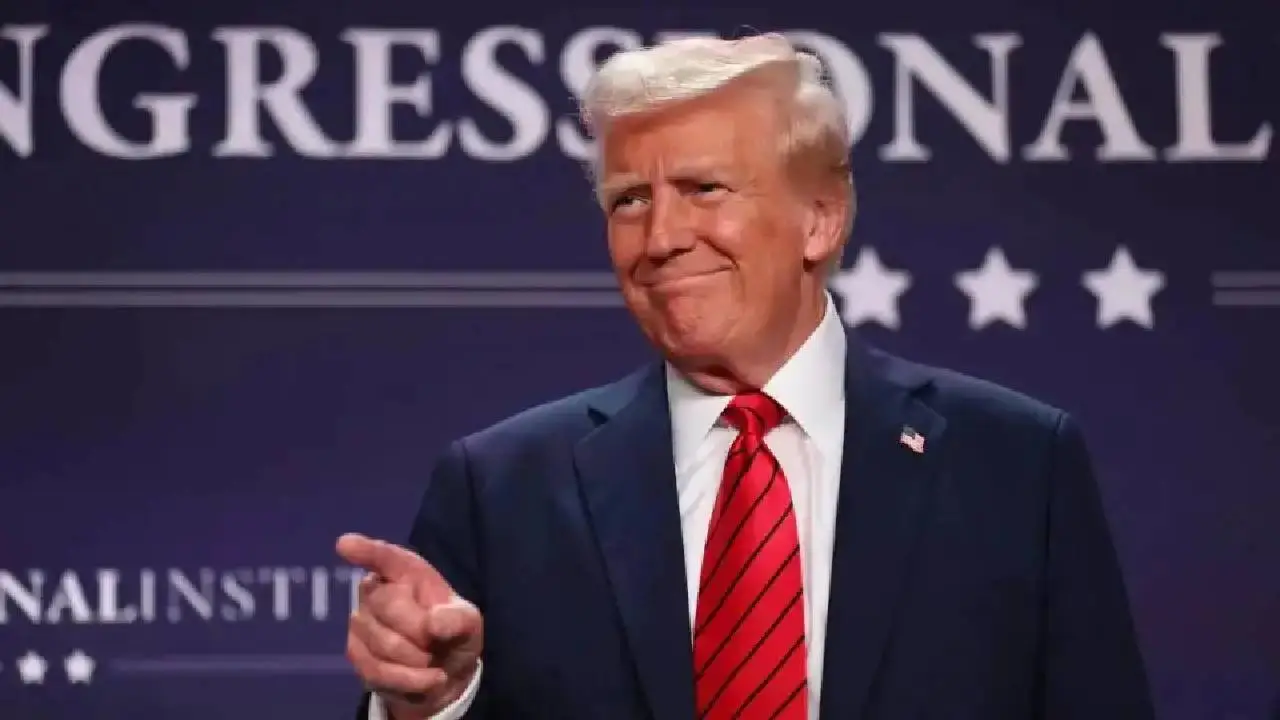
Donald Trump
International News: The trade relations between the US and India are once again in the midst of controversies. On July 30, US President Donald Trump ordered a 25% import duty on many Indian products. The reason given was India's objectionable trade policies and India's growing defense ties with Russia. This decision has come at a time when the differences between the two countries are already deep over digital tax, defense deals, and market access.
According to media reports, Trump has once again targeted India by calling it a "tariff king." He alleges that India imposes the highest import duty in the world and creates 'non-revenue-based barriers' against American goods, but the World Trade Organization (WTO) and America's own trade reports present a different picture.
According to the WTO's "Tariff Profile 2024" report, the US has the ability to impose high import duties on agricultural products:
Up to 350% on tobacco
200%+ on Dairy Products
Up to 130% on fruits, vegetables, and processed food items
Although these duties are usually imposed when the import quantity exceeds the quota or the exporting country is not a part of a trade agreement with the US, for developing countries this 'tariff injury' is a reality. America is upset with India's policies, like maintaining relations with Russia in defense and energy and control in digital services.
With the new 25% tariff imposed by the US, exports of auto parts, electronics, clothes, jewelry, and food items from India will become expensive. According to the report of NCAER and ICRIER, if these tariffs continue, India's GDP may decline by 0.2% to 0.5%. Accusing India of being a 'tariff king' may be political, but the agricultural tariff structure of the US itself shows who the real 'tariff king' is.





Copyright © 2026 Top Indian News
